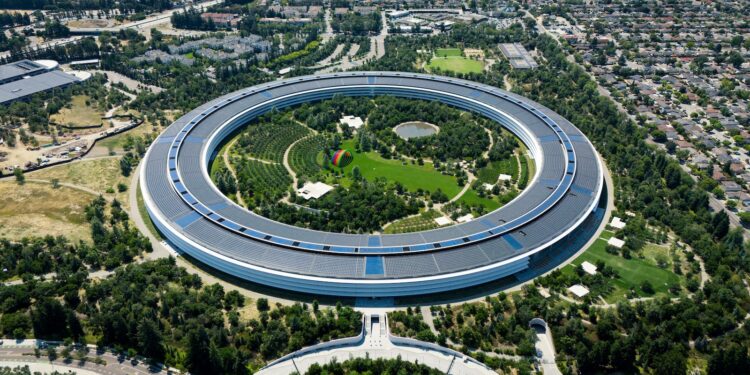Apple, the tech giant from Cupertino, stands for data protection and data security like no other company. But a recently filed case casts a shadow on this self-portrayal. An employee is suing the company and making serious allegations: Apple monitors its own employees, both during working hours and in their private lives. How does this fit with Apple's promise of data protection?
Apple has built a reputation as a privacy custodian over the years. From encrypting iPhones to refusing to create backdoors for government agencies, the company presents itself as a leader in data protection. But what happens when these principles are not applied to its own employees? This conflict is precisely at the heart of the current lawsuit by an Apple employee that has sent the industry into turmoil.
The lawsuit: surveillance instead of privacy
Amar Bhakta, an advertising technology employee, has made serious allegations against Apple raisedIn his lawsuit, he describes a system of surveillance that goes far beyond what is necessary for the security of a company. In particular, he makes the following points:
- Forced use of personal devices: Employees should also use private devices and iCloud accounts for their work. According to Bhakta, this gives Apple access to private data such as emails, photos and notes.
- Restrictions on free speech: Bhakta claims that Apple banned him from speaking publicly about his field and even forced him to remove information from his LinkedIn page.
- Surveillance outside working hours: Apple should also have access to personal data outside of the office, which, in the plaintiffs' opinion, massively restricts privacy.
Apple defends itself: security measures instead of surveillance
Apple firmly denies the allegations. In a statement, the company emphasizes that all employees are informed of their rights and that its internal policies explicitly promote the protection of privacy and freedom of expression. The company argues that the use of mobile device management (MDM) and similar technologies does not constitute surveillance but is a necessary means of ensuring the security of sensitive company data. Such systems are standard in the industry and serve to ensure the integrity of networks and devices.
A Balancing Act: Corporate Control vs. Privacy
The lawsuit raises a fundamental question: How much control can a company exercise over its employees?
- Apple's position: From Apple's perspective, it is logical that employees who access confidential company data should also be subject to stricter security measures.
- The employee perspective: For many employees, however, the connection of private and work devices represents a potential threat to their own privacy.
This conflict is not new but the severity of the allegations and public perception could put Apple in a difficult position.
Opportunities and risks for the plaintiff
Bhakta is risking a lot with his lawsuit. If he can prove that Apple has actually violated data protection guidelines, the company could be sentenced to heavy fines. But the facts known so far indicate that Bhakta will have a hard time proving his allegations.
Apple: A Look into the Future
The Bhakta v. Apple case shows how sensitive the issue of data protection is in the modern working world. For Apple, not only is its credibility as a pioneer in data protection at stake, but also the trust of its own employees. Data protection in companies is often a double-edged sword: while companies want to protect their data, they must not violate the privacy of their employees. (Photo by Unsplash / Shekai)





